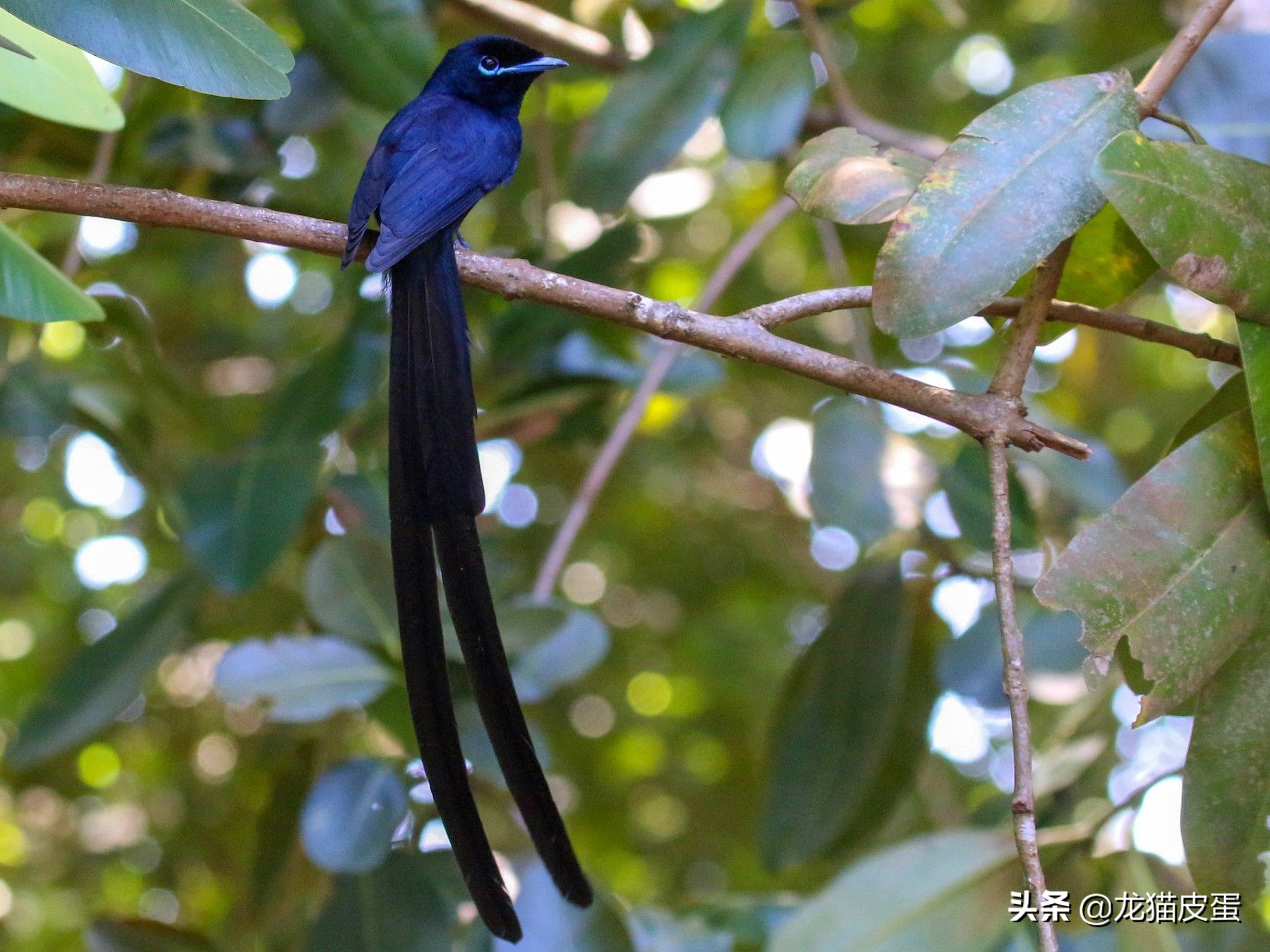There are more bikes than cars on La Digue Island, a 10-square-kilometer island that is doing everything to save a rare bird from overtourism.

La Digue is arguably one of the most famous of the 115 islands in the Seychelles. It attracts thousands of visitors each year to Ansequin Beach, one of the most photographed beaches in the world, as its boulders are reminiscent of prehistoric times and are ideal for Hollywood movies and commercials. On the other hand, there are tourists from all over the world who come to see the rare Seychelles black paradise flycatcher, an endangered species endemic to the Seychelles.
But perhaps the lesser-known miracle of the island is that it has no cars, such restrictions, aimed at protecting the pristine ecology of its 10 square kilometer territory.
The population here is only about 3,000 people, who pride themselves on using bicycles as their main means of transport, unlike the larger neighboring islands of Mahe and Praslin, where cities are growing more rapidly. For locals, a car is not necessary and cycling is also a way of life.
Flory Marie, a resident of La Digue Island, told us that from a very young age, she was asked to learn how to ride a bicycle. For this reason, there are many falls. But this is the fastest way to learn to ride a bike, but her sister, who lives in Mahé, still doesn't know how to ride a bike.
La Digue is a bicycle island, and visitors who want to explore the island more easily still have to join in the local tradition and rent a bicycle. So you would think you were going to drive to the beach before you came, but the reality is to pedal your bikes and there is a bike rental company on the island.
The island currently has 60 vehicles, up from 10 in the 80s, when only wealthy families could afford a car. But this is still a small number, which is related to the difficulty of individual vehicle ownership: cars are not allowed unless public services are provided. However, the rise of tourism construction and the consequent pollution has sounded the alarm bell for the local area, and with more vehicles on La Digue Island, the aspects of tranquility, quietness, relaxation will no longer exist, which will certainly have a major impact on La Digue Island and its tourism, environment and ecosystem, which will force them to go back to the beginning of the day - pedaling bicycles. Environmentalists warn that further development could affect the natural habitat of the island's endangered species, such as the Seychelles Black Paradise Flycatcher, known as Vev in the local Creole language. Therefore, a special reserve has been set up, which is the crown jewel of local natural beauty.
Ansequin Beach is known as one of the most photographed beaches in the world for its majestic boulders
The people of La Digue are building a lot of things, they are cutting down trees for construction. Environmentalists are concerned about these because it affects the reproduction of this rare bird species. To that end, they adopted a breeding program to transport dozens of flycatchers to neighboring islands to ensure additional suitable habitat.
The ban on the ownership of private cars, as well as the phase-out of all fuel-dependent vehicles and the expansion of more traditional modes of transport (those) have become part of the goal of turning La Digue Island into the eco-capital of Seychelles.